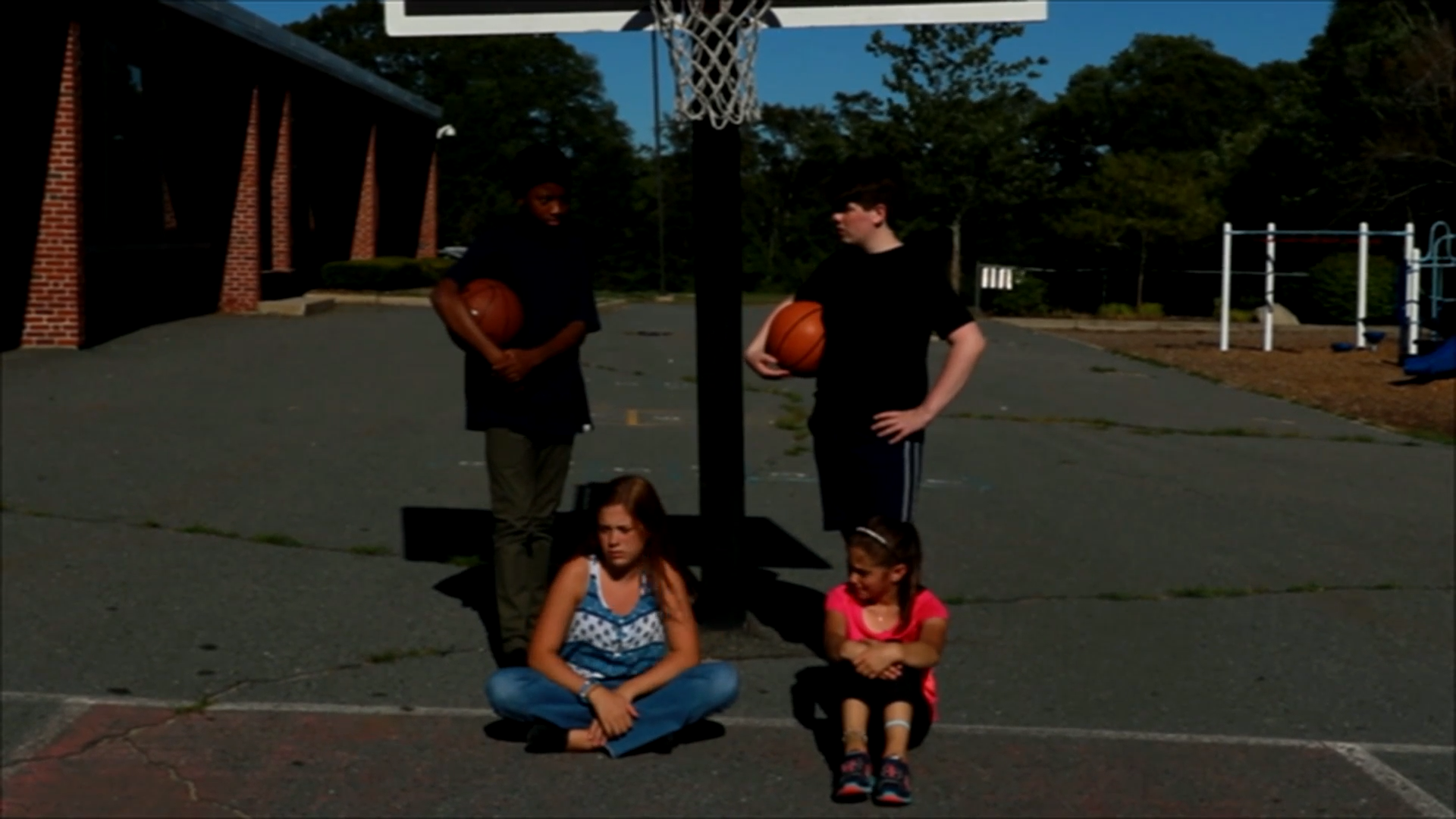Introduction
Problem-solving and cooperation are essential life skills that students need to develop in order to navigate social situations effectively. By teaching these skills to elementary students, we empower them to stand up for themselves while respecting others, and to work together to resolve conflicts. In this blog post, we will explore an engaging, no-prep activity that educators can use to teach these vital skills, along with discussion questions and related skills to further enhance students’ learning.
No-Prep Activity
The “Court Compromise” activity is designed to help students understand the importance of problem-solving and cooperation without requiring any preparation or materials from the educator. Here’s how it works:
- Divide students into two groups: Group A and Group B.
- Present the scenario: Both groups want to use the school’s basketball court at the same time. Group A wants to practice their layups, while Group B wants to have a conversation.
- Ask each group to discuss and come up with a solution to the problem that respects the needs and desires of both parties.
- Have each group present their solution to the class and discuss the strengths and weaknesses of each approach.
- As a class, work together to combine the best aspects of each group’s solution into a final, cooperative solution that everyone can agree on.
This activity encourages students to think critically about the needs of others and practice cooperation in order to solve a shared problem.
Discussion Questions
After completing the “Court Compromise” activity, use these discussion questions to further explore the concepts of problem-solving and cooperation:
- Why is it important to consider the needs and feelings of others when trying to solve a problem?
- What are some strategies you can use to ensure everyone’s voice is heard during a disagreement?
- How can you show respect for others even when you don’t agree with their point of view?
- What are some challenges you might face when trying to cooperate with others to solve a problem?
- How can practicing cooperation and problem-solving skills help you in your everyday life?
Related Skills
In addition to problem-solving and cooperation, there are several other skills that can help students navigate social situations effectively. Some of these skills include:
- Active listening: Paying close attention to what others are saying and responding thoughtfully
- Empathy: Understanding and sharing the feelings of others
- Assertiveness: Standing up for oneself while respecting the rights and feelings of others
- Conflict resolution: Addressing disagreements in a constructive and respectful manner
By teaching these related skills, educators can help students develop a well-rounded understanding of how to interact with others in a positive and respectful way.
Next Steps
If you’re interested in exploring more activities, resources, and materials to teach problem-solving, cooperation, and other essential social-emotional learning skills, we invite you to sign up for free samples at Everyday Speech. Our comprehensive library includes a variety of engaging and effective resources designed to help educators support the social-emotional development of their students.






